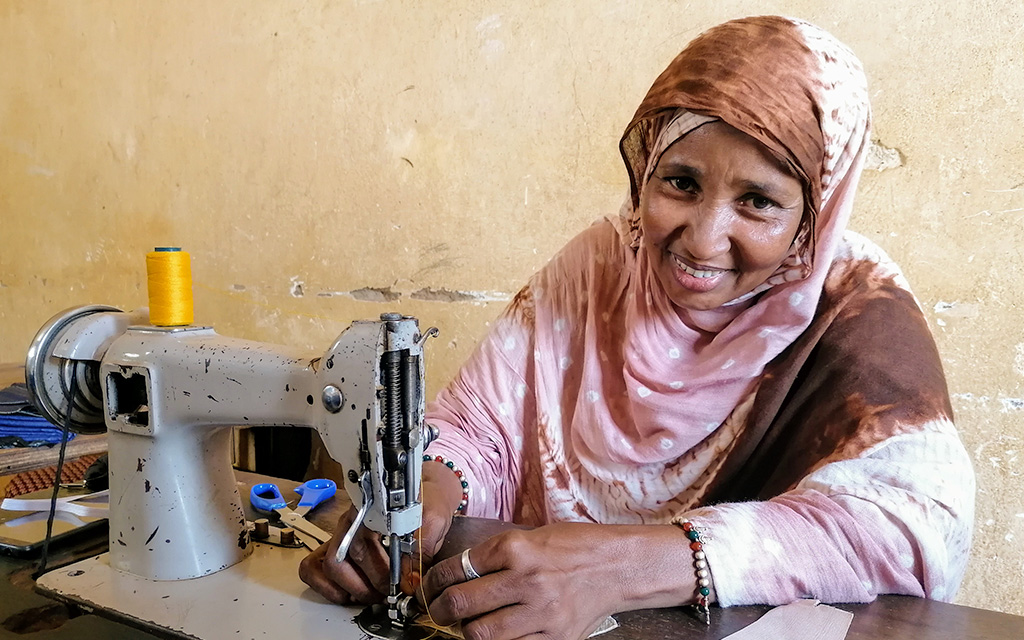COVID-19 Crisis
Celeste fled from Venezuela to Ecuador – one of the Latin American countries most affected by COVID-19.
There, the lockdown has made it almost impossible for many refugees to earn a living. When Celeste found herself with no money for rent, she was evicted – despite being heavily pregnant.
Photo: © UNHCR/Jaime Giménez Sánchez de la Blanca
Vulnerable refugees like Celeste are some of the worst hit by the economic impact of the pandemic.
Healthcare
to treat those affected by COVID-19.

Survival essentials
for those who’ve lost their livelihoods.
Hygiene supplies
to help stop the spread of the disease.
How is the COVID-19 crisis affecting refugees?
Refugees and other displaced families are particularly at risk during this COVID-19 outbreak, because they often have limited access to water, sanitation systems and health facilities.
Millions live in crowded camps and informal settlements, where isolation and social distancing aren’t possible or practical – and the disease is spreading fast as a result.
How many countries are affected by COVID-19?
More than 215 countries are affected by the disease – 134 of which host significant refugee populations.
What is UNHCR doing to help tackle the outbreak?
UNHCR is stepping up health, water, sanitation and hygiene services to protect refugees and displaced people. We are helping to monitor the spread of the disease and taking action to limit infections – as well as working with governments to ensure that people forced to flee are included in preparation and response plans.
How are refugee camps being protected?
UNHCR teams and refugees are working hard to protect camps and settlements against COVID outbreaks. This has included lockdowns, public awareness campaigns, increased handwashing stations, building isolation facilities, training healthcare staff and airlifting life saving PPE supplies such as face masks and medicine.
How else is UNHCR helping families survive?
We are also providing shelter materials, core relief items and cash assistance to help those who’ve lost their livelihoods as a result of the outbreak.
Where can I access the latest data and reports?
Visit here to access the latest reports and data relating to UNHCR’s COVID response around the world.
Did you know that in places like Yemen, we’re going door to door to raise awareness of COVID-19?

Fatima fled Mali when armed gangs started raiding the neighbouring villages.
Today, she lives in a tent on the outskirts of Niger’s capital – sewing goods to sell, but struggling desperately for customers since the COVID-19 outbreak.
Now, however, we’ve helped her find a new market. Thanks to the electric sewing machine we gave her, she’s busy stitching face masks – a booming business in the midst of a pandemic.
Photo: © UNHCR/Marlies Cardoen
Fatima fled Mali when armed gangs started raiding the neighbouring villages.
Today, she lives in a tent on the outskirts of Niger’s capital – sewing goods to sell, but struggling desperately for customers since the COVID-19 outbreak.
Now, however, we’ve helped her find a new market. Thanks to the electric sewing machine we gave her, she’s busy stitching face masks – a booming business in the midst of a pandemic.
Photo: © UNHCR/Marlies Cardoen

